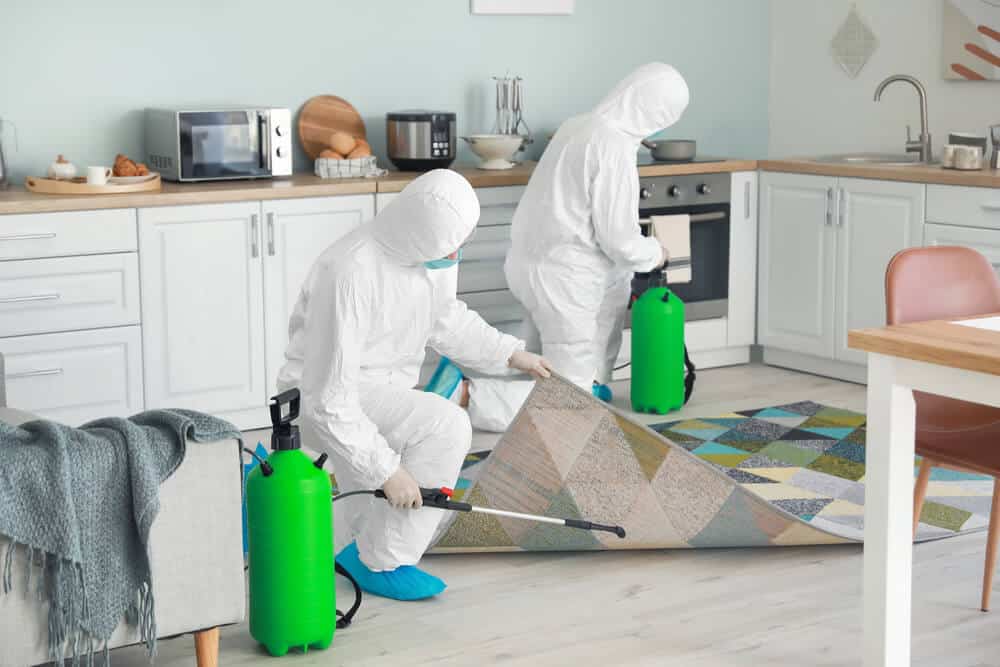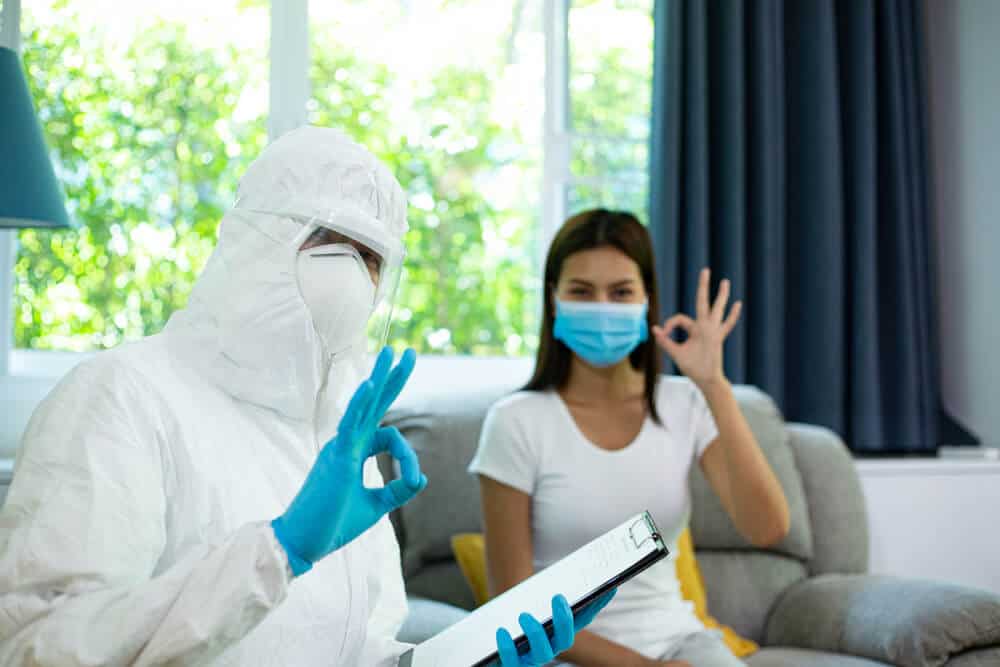Biohazard cleanup is a delicate, often complex operation that involves the removal and proper disposal of materials that pose a risk to human health. This can include bodily fluids, blood, and other potentially infectious materials. One common question homeowners have when facing a biohazard cleanup is: Can I stay in my home during the biohazard cleanup process? ‘
The answer can vary depending on several factors, such as the type of biohazard, the size of the affected area, and the methods used for cleanup. This article will delve into the various circumstances and provide guidelines on what you can expect.
Factors Affecting Your Stay During Cleanup

Type of Biohazard
The type of biohazard will significantly influence whether or not you can remain in your home. For example, a crime scene involving a stabbing or gunshot wound may require only localized cleaning, often making it possible for homeowners to stay in another part of the house. On the other hand, scenarios like decomposition can spread contamination throughout the home due to factors like flies, making it usually unsafe to remain.
Seasonal Variations
Another significant consideration is the season during which the biohazard occurred. In the summertime, contamination from decomposition is more likely to spread, often making the entire home a no-go zone. However, in winter, the contamination is less likely to disperse widely, offering a better chance of localized cleanup.
The Scope of Affected Area
If the biohazard is restricted to a specific room or area, such as a bathroom or a bedroom, then it’s often feasible to seal off that space and remain in the home during the cleanup. On the flip side, if multiple rooms or the entire home is affected, it would be safer to vacate the premises.
Cleaning Protocols and Their Implications
Safety Measures
Professional biohazard cleanup teams employ stringent safety protocols, including the use of personal protective equipment and specialized cleaning agents. These measures are designed to protect not just the cleanup crew, but also the home’s occupants. If you can stay in your home during the cleanup, you’ll likely be restricted to specific areas that are deemed safe and separate from the affected zones.
Duration of the Cleanup
The time it takes to complete a biohazard cleanup can also determine whether staying in your home is practical. For minor incidents that can be resolved within a few hours, it might be more convenient to remain on the property. However, for cleanups that take multiple days, finding alternative accommodations might be necessary.
Best Practices if You Choose to Stay
If you find that you can indeed stay in your home during the cleanup, here are some best practices to follow:
- Avoid the Affected Area: Ensure you stay away from the area being cleaned to minimize health risks.
- Follow Safety Guidelines: Adhere to any safety instructions provided by the cleanup team.
- Limit Interactions: Limit your interaction with the cleanup crew to minimize disruptions and ensure a speedy process.
Conclusion

The question of whether you can stay in your home during the cleanup is complex and influenced by various factors like the type of biohazard, the scope of the affected area, and the duration of the cleanup. Always consult with professional cleanup services to assess your specific situation. If you can remain on the premises, make sure to follow all safety guidelines to protect yourself and facilitate the cleanup process. Contact Scene Clean today to learn more about staying in your home during the biohazard cleanup process.






